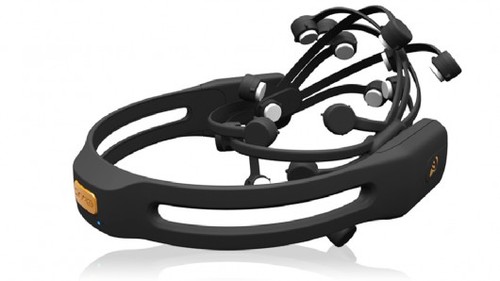First Human Brain Hacked By Researchers

A team of researchers from the University of Oxford, Geneva and California (Berkley) gathered a group of Computer Science students aware that they participated in a security-related experiment, not more; put on each of them an Emotiv BCI (brain-computer interface) attempted to ‘hack’ their brains. Tracking the P300 brain signal, which appears when the brain recognizes particular stimuli as useful or meaningful, the researchers were able to reduce random data by about 10 to 40 percent in each variable. In other words, the subjects were ‘leaked’ via the BCI the info that could be further used by the researchers to figure out where they lived or which bank they used. “The simplicity of our experiments suggests the possibility of more sophisticated attacks,” states the team on the experiment in their paper. “For example, an uninformed user could be easily engaged into ‘mindgames‘ that camouflage the interrogation of the user and make them more cooperative. Furthermore, with the ever increasing quality of devices, success rates of attacks will likely improve.” They also point out that these BCIs store the data they pull from the mind as their normal operation. For now, the solution is simple: be careful what you think using a BCI.
Via: gizmag.com



| Tweet |











